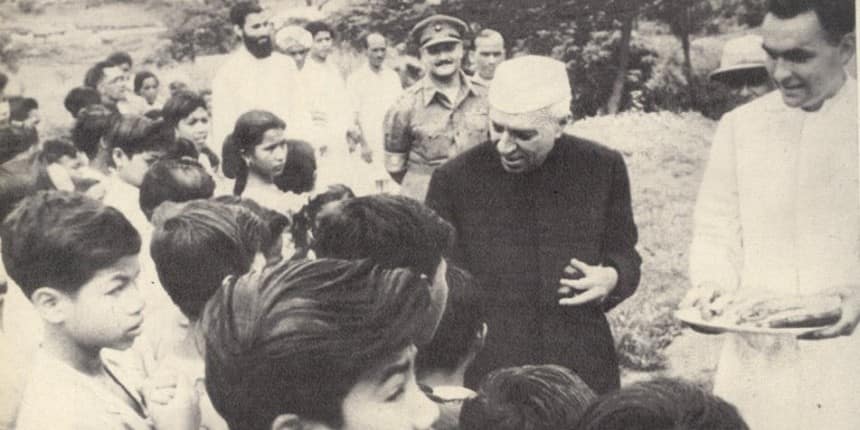Children’s Day 2021: History, significance, 10 points about Jawaharlal Nehru
Vagisha Kaushik | November 14, 2021 | 11:05 AM IST | 2 mins read
Happy Children’s Day 2021: India celebrates Jawaharlal Nehru’s birth anniversary as Children’s Day every year. Read history, significance and facts about Jawaharlal Nehru.

NEW DELHI: Children’s day 2021 is celebrated every year on November 14 to celebrate the children of India and to remember Chacha Nehru, Jawaharlal Nehru, the first prime minister of India.
Also Read | Children’s Day 2021 Quiz: Test your knowledge of children and childhood in India
Children’s Day 2021: History
Pandit Jawaharlal Nehru had his birth anniversary on November 14 and he cherished the children a lot. It was after his death in 1964 that a resolution was passed in the parliament to celebrate his birth anniversary as children's day.
Children’s Day 2021: Significance
Besides remembering Chacha Nehru, Children’s day aims to spread awareness on the rights and education of children. In the eyes of Nehru, “The children of today will make the India of tomorrow. He believed that “The way we bring them up will determine the future of the country.”
Also Read | Delhi schools closed for a week from Monday due to pollution, says CM Arvind Kejriwal
Children’s Day 2021: 10 points about Jawaharlal Nehru
- Jawaharlal Nehru was born on November 14, 1889 in Allahabad in British India.
- He was the son of Motilal Nehru, Nehru was a lawyer and received his education from England - Harrow School and Trinity College, Cambridge.
- After India gained independence, Jawaharlal Nehru served as the prime minister of India for 17 years.
- Nehru became the leader of the Indian National Congress during the 1920s.
- Nehru wrote famous books in prison such as Letters from a Father to His Daughter (1929), An Autobiography (1936), and The Discovery of India (1946).
- Under his leadership, many institutions of higher learning were established including the All India Institute of Medical Sciences (AIIMS), the Indian Institutes of Technology (IITs), the Indian Institutes of Management (IIMs) and the National Institutes of Technology (NIT).
- Upon India's independence on August 15, 1947, Nehru gave a very famous speech, A Tryst with Destiny.
- Nehru promoted parliamentary democracy, secularism, and science and technology and was known to make India as a modern nation.
- In 1948, Nehru was conferred an honorary doctorate by the University of Mysore.[338] He later received honorary doctorates from the University of Madras, Columbia University, and Keio University.
- In 1955, Nehru was awarded the Bharat Ratna, India's highest civilian honour.
Follow us for the latest education news on colleges and universities, admission, courses, exams, research, education policies, study abroad and more..
To get in touch, write to us at news@careers360.com.